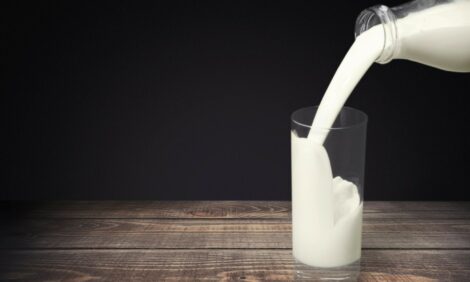



Cattle Breeding Boosts Farmers' Income
CHINA - With the help of Agricultural Bank of China, the Daditou Specialized Farmers' Cooperative in Dashan town in Panzhou, Guizhou province, is exploring new types of collateral to secure loans, while the State-owned commercial lender is devoting more resources to agro-related business amid China's cuts in coal and steel capacity.Founded in June 2016, the cooperative has attracted 860 local rural households as members, and 34 of them, including 17 poverty-stricken households, decided to take part in a cattle rearing project this year.
Each of the 34 households took on a three-year loan of 100,000 yuan from ABC in November 2017. These families pledged the right to use altogether more than 38.67 hectares of their farmland as collateral.
The lending rate for the 17 poverty-stricken households is 4.75 per cent, the same as the three-year benchmark lending rate set by the central bank in China, while the lending rate for the other 17 households is 6.18 percent.
"When the cattle grow big enough for sale in September, we will sell them to nearby slaughterhouses in Panzhou. The annual profit for the cattle rearing project is estimated to be 400,000 yuan," said Xu Wenyong, director of the cooperative.
Mr Xu asked workers of the cooperative to feed cattle with distillers' grains, corn flour and bran so they could apply for green food certification. He is considering selling cattle to a food processing plant in Shenzhen, Guangdong province, to increase his profit.
In addition to cattle rearing, he built a cattle dung processing plant and used cattle dung to fertilize 33 hectares of Rhizoma polygonati, also known as huangjing in Mandarin, a Chinese herb that is good for prolonging life.
When the huangjing is ready to harvest in three years' time, the herb is expected to bring a profit of 60,000 yuan per hectare, according to Mr Xu.
He said he hopes to grow the business-increasing the number of cattle to 1,000, expanding the plantation area of huangjing to about 133 hectares and planting roughly 133 hectares of forage grass by the end of 2019. He is also considering raising earthworms with the cattle dung and turning the dung into organic fertilizer.
TheCattleSite News Desk


